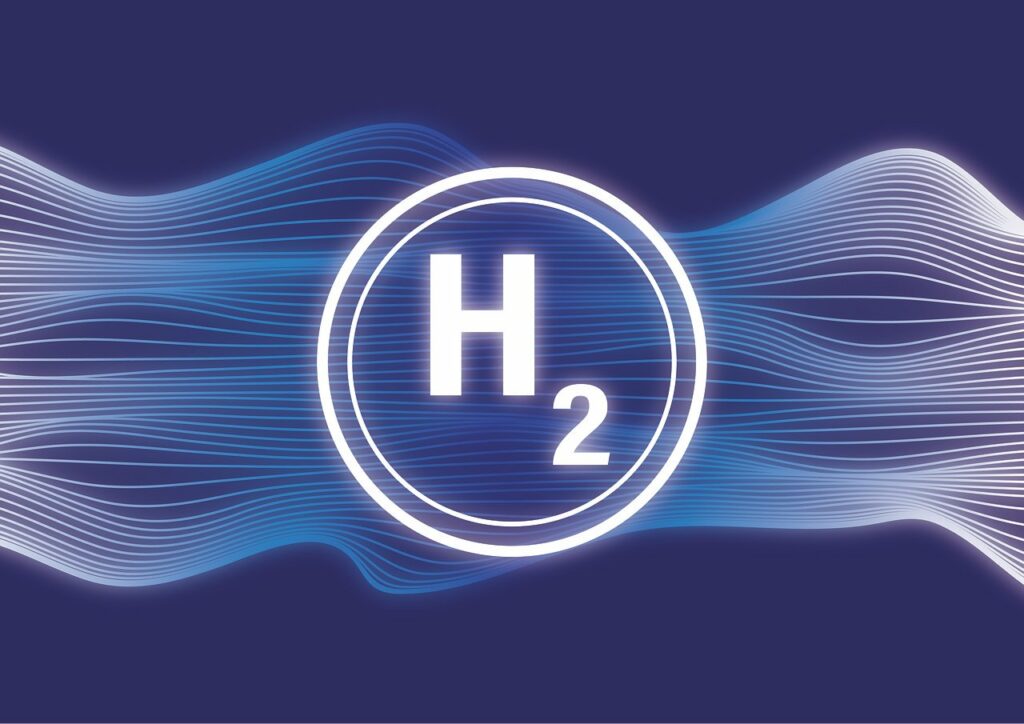The Asia-Pacific Economic Cooperation (APEC) is intensifying its focus on collaborating to leverage low-carbon hydrogen as a stable electricity source.
At a recent workshop, policymakers, industry leaders, and researchers exchanged insights on the integration of hydrogen into regional energy systems.
APEC member economies discussed future strategies to successfully adopt hydrogen as an alternative sustainable energy source. “Our economies are playing a crucial role in global trade and renewable energy supply chains amid the energy and climate crisis,” noted Rómulo Mucho, Peru’s Minister of Energy and Mines.
Fifteen projects have passed the final investment decision, and over eighty renewable hydrogen projects are in the pipeline. Last May, the Albanese government endorsed Hysata, a leading renewable energy company, with a $15 million investment to enhance the production of high-efficiency hydrogen electrolysers.
The International Renewable Energy Agency (IRENA) reports that global hydrogen production is about 75 million tonnes annually, with an additional 45 million tonnes in a gas mix used mainly for steel production and heat generation.
At the APEC Peru Summit, Mucho highlighted ongoing challenges in transitioning to secure, affordable, reliable, and sustainable energy sources. “APEC’s dedication to advancing hydrogen technologies underscores the region’s leadership in developing innovative solutions to global challenges,” declared Ariadne BenAissa, lead shepherd for APEC Energy Working Group.
